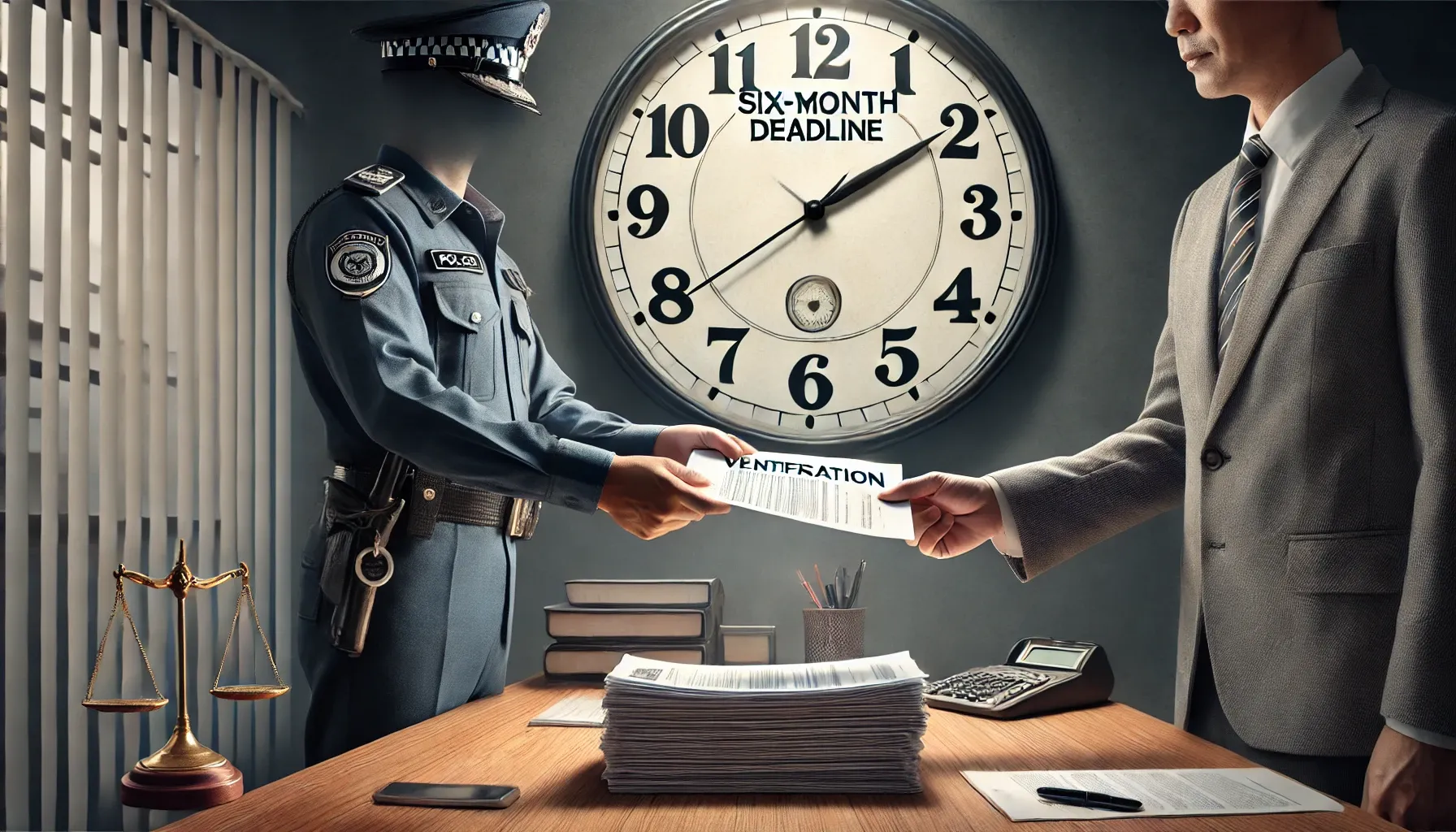The Supreme Court ordered police authorities to complete verification of government job appointees within six months of their appointment, emphasizing accountability and avoiding delays in regularization.

The Supreme Court of India has issued a stern directive to police authorities across all states to complete the verification of candidates selected for government service within six months of their appointment. Highlighting the adverse consequences of delays in verification, the Court emphasized that such delays not only disrupt the regularization process but also violate principles of natural justice, as seen in a case from West Bengal involving a 25-year delay in a police report.
Key Directives by the Supreme Court
- The bench comprising Justice JK Maheshwari and Justice R Mahadevan directed:
- “The police official(s) of all the States must complete the enquiry and file the report as regards the character, antecedents, nationality, and genuineness of documents within six months or the statutory period prescribed.”
- The Court clarified that candidates’ appointments must only be regularized after their credentials are verifiedto prevent complications.
The Case: Basudev Dutta v. State of West Bengal & Ors.
- Background: The appellant, a Para Medical Ophthalmic Assistant, joined government service in 1985 based on his migration certificate. The police report, mandated within three months, was submitted after an unexplained 25-year delay in 2010.
- Termination Without Hearing: Based on the delayed verification report, the appellant was terminated in 2011 without being afforded a personal hearing, depriving him of his pensionary benefits after 26 years of service.
Court’s Observations
- The Court criticized the unjustified delay in submitting the verification report, stating:
- “Such a callous and lackadaisical attitude by the authorities cannot be countenanced. The termination order is arbitrary, illegal, and violates the principles of natural justice.”
- Violation of Natural Justice: It was noted that the appellant’s termination violated precedents mandating a personal hearing before termination.
- Grant of Service Benefits: The Court ordered that all due pensionary benefits be disbursed to the appellant within three months.
Significance of the Judgment
- Timely Verification Essential: Ensures that government appointments are regularized promptly and without procedural delays.
- Natural Justice Upheld: Reiterates the need for a fair hearing before any adverse employment action is taken.
- Accountability in Administration: Sends a clear message to police and administrative authorities to avoid bureaucratic apathy.
Case: BASUDEV DUTTA VERSUS THE STATE OF WEST BENGAL & ORS





